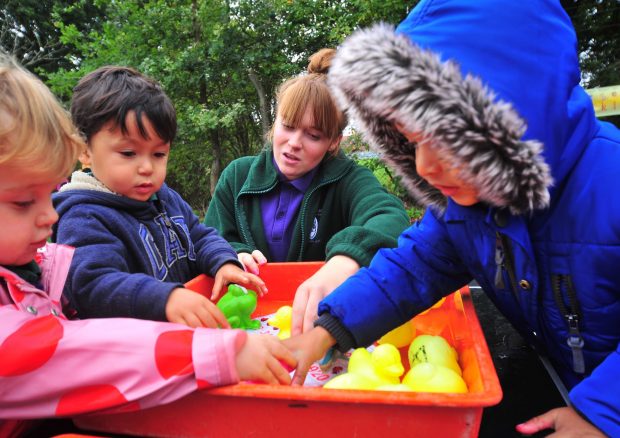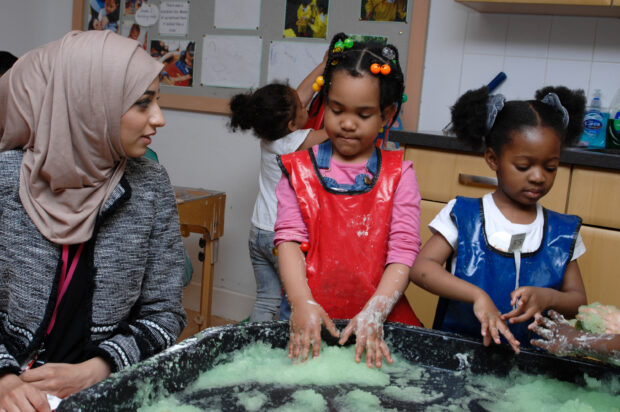
Gill Jones, Deputy Director, Schools and Early Education, on our update of the early years inspection handbooks.
Today, we published our updated education inspection framework (EIF) handbooks. In this blog, I want to set out some of the main changes to the early years handbook, and remind you of how inspection will work from this term onwards.
Throughout the spring, our inspectors have kept going with their regulatory work, responding to concerns by visiting or contacting early years providers. In January, we confirmed that we would not be introducing the temporary measure of non-graded assurance inspections and would instead return to our routine graded EIF inspections when we thought the time was right.
The sector has been clear that it would like us to resume routine inspections under the EIF as soon as it’s safe to do so. We know that providers prefer to receive a graded overall effectiveness judgement following inspection. Providers use overall effectiveness judgements to give reassurance to parents and to apply for funding from local authorities.
In March, we announced that graded inspections of some registered early years providers will begin from 4 May. We’ll continue to carry out urgent inspections where there are significant concerns about a provider.
As you would expect, we’ll prioritise the safety and welfare of everyone involved, following the most up-to-date guidance from Public Health England and provider-specific arrangements.
Updated handbook
As Sean Harford sets out in his handbooks update blog today, all our handbooks now include a new section on ‘inspection during the COVID-19 pandemic’.
We’ve built on what we’ve learned from carrying out interim visits and research calls. We have carried out some on-site fieldwork to help us decide what minor amendments we needed to make to the inspection handbook, given the COVID-19 (coronavirus) context, and to inform our inspector training.
We will continue to be sensitive to the challenges presented by the pandemic and will always take that context into account. We know that providers have worked hard to provide a safe place for young children during these difficult times, helping working parents and the community to withstand the pressures.

Timing of inspections
We will carry out all inspections on site wherever possible. However, we may sometimes need to carry out elements of the inspection through video/telephone calls. Inspectors will agree this with the provider at the start of the inspection. We will usually only use off-site activity to involve parents/carers and those with leadership responsibility who are unable to attend the setting.
Last autumn, we confirmed that we will move to a six-year inspection window. This means that each provider has their own inspection window determined by their last inspection judgement. As we prepare for a return to full EIF inspection, we’ll take a proportionate and risk-based approach to who we inspect first.
We will prioritise providers who:
- were judged less than good at their last inspection, which includes those who received an interim visit in the autumn term
- have recently registered and not been inspected, and whose first inspection is overdue
- were not inspected in the last inspection cycle due to the pause in routine inspection.
We will also continue to carry out any urgent inspection where we have significant concerns about a provider.
In summary
While we understand that some providers may have concerns, it’s important we do the right thing for children, right now. We know that the EIF, built on research and inspection experience, is the right tool for us to find out how well settings are helping children to thrive, both emotionally and in their education. It’s particularly important that children from poorer families, who may have lost out on the vital foundations of early learning during the pandemic, get back on track, so the educational gap does not get wider. We want to make sure that no child gets left behind.
Gill Jones is Ofsted's Deputy Director, Early Education. Follow Gill on Twitter.
Keep up-to-date with news at Ofsted by signing up for email alerts. You can also follow Ofsted on Twitter.